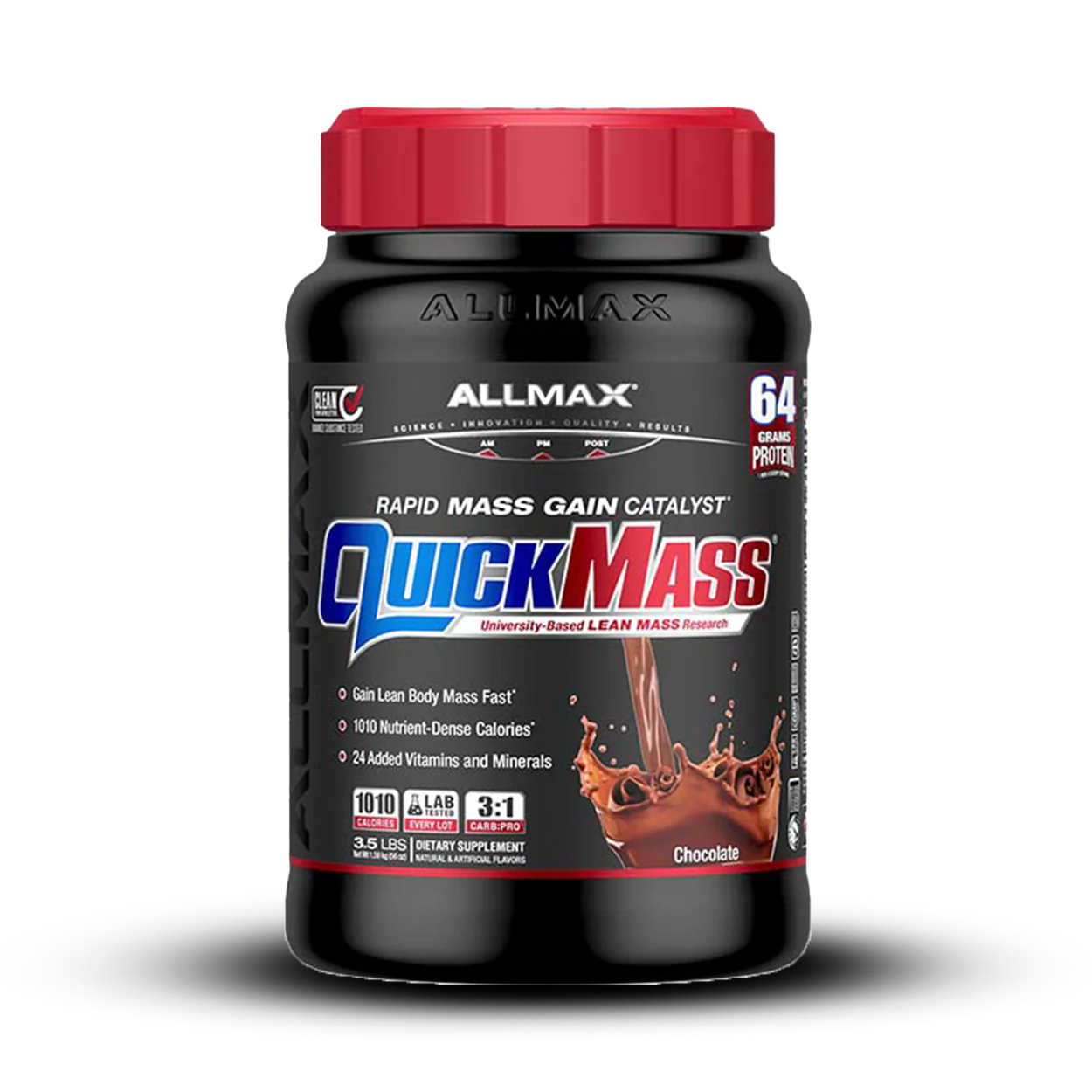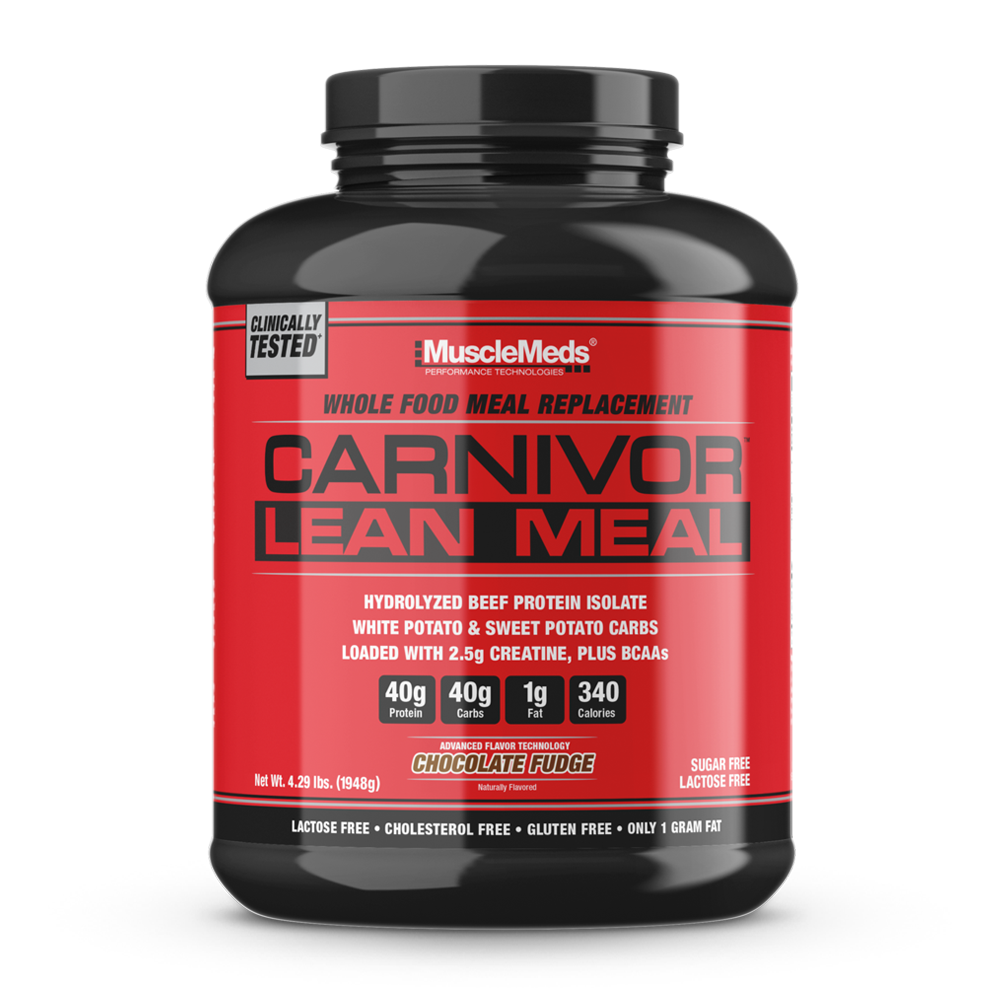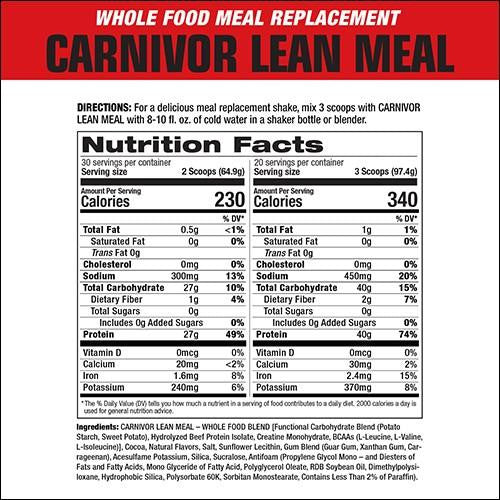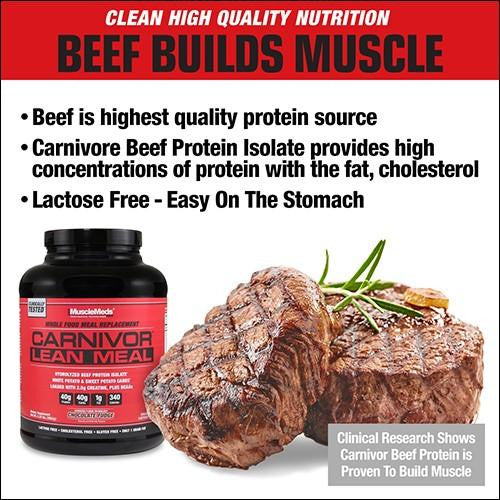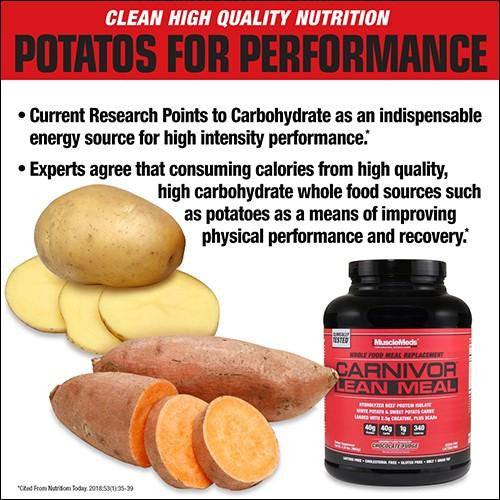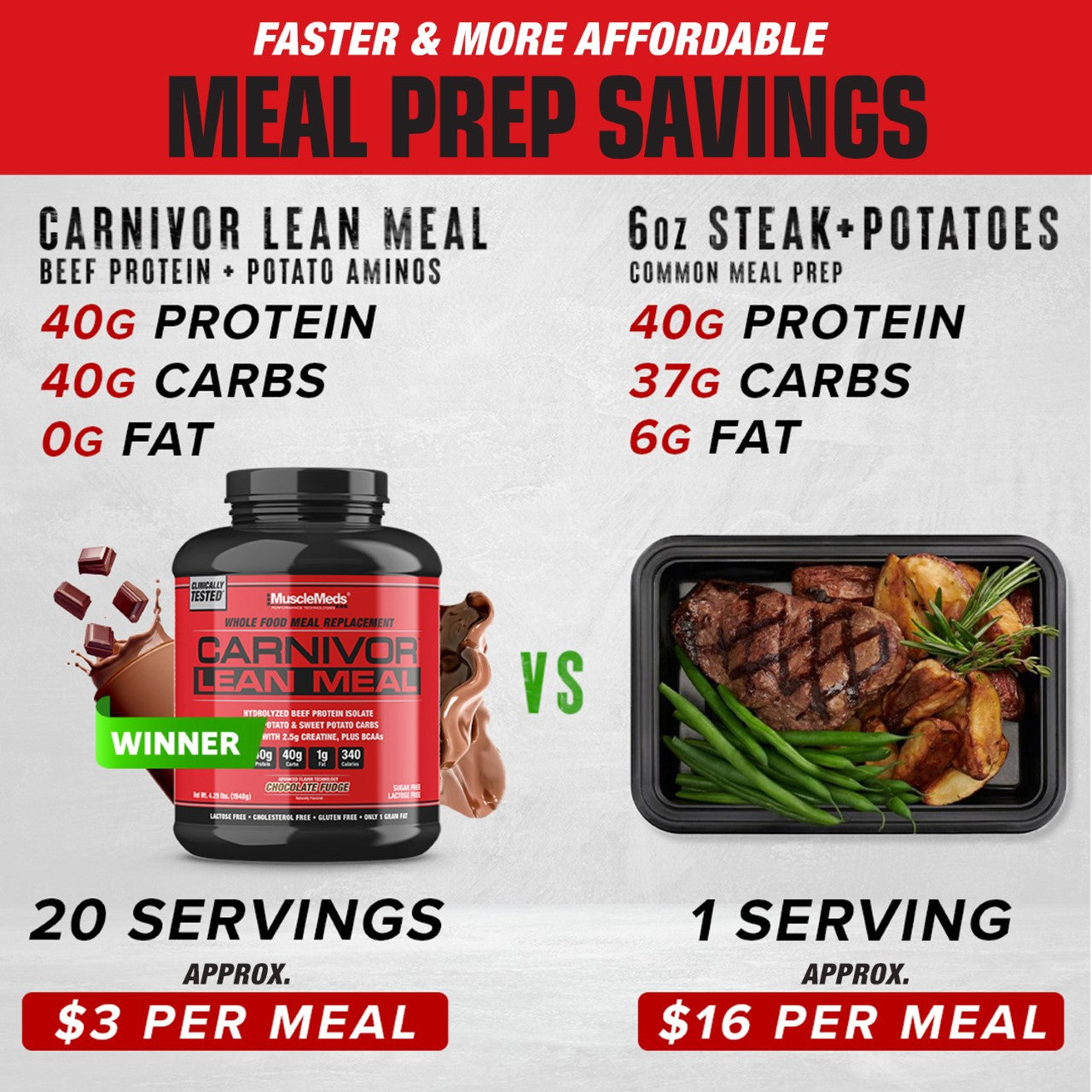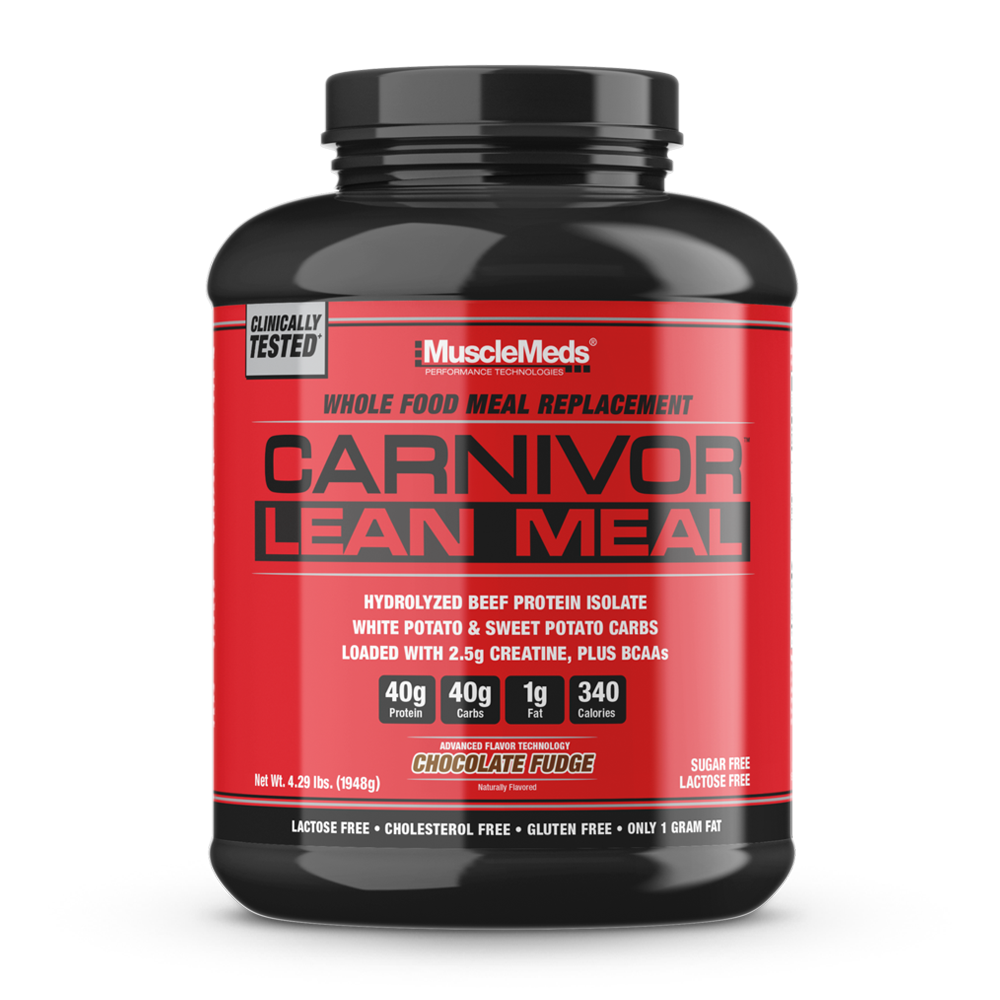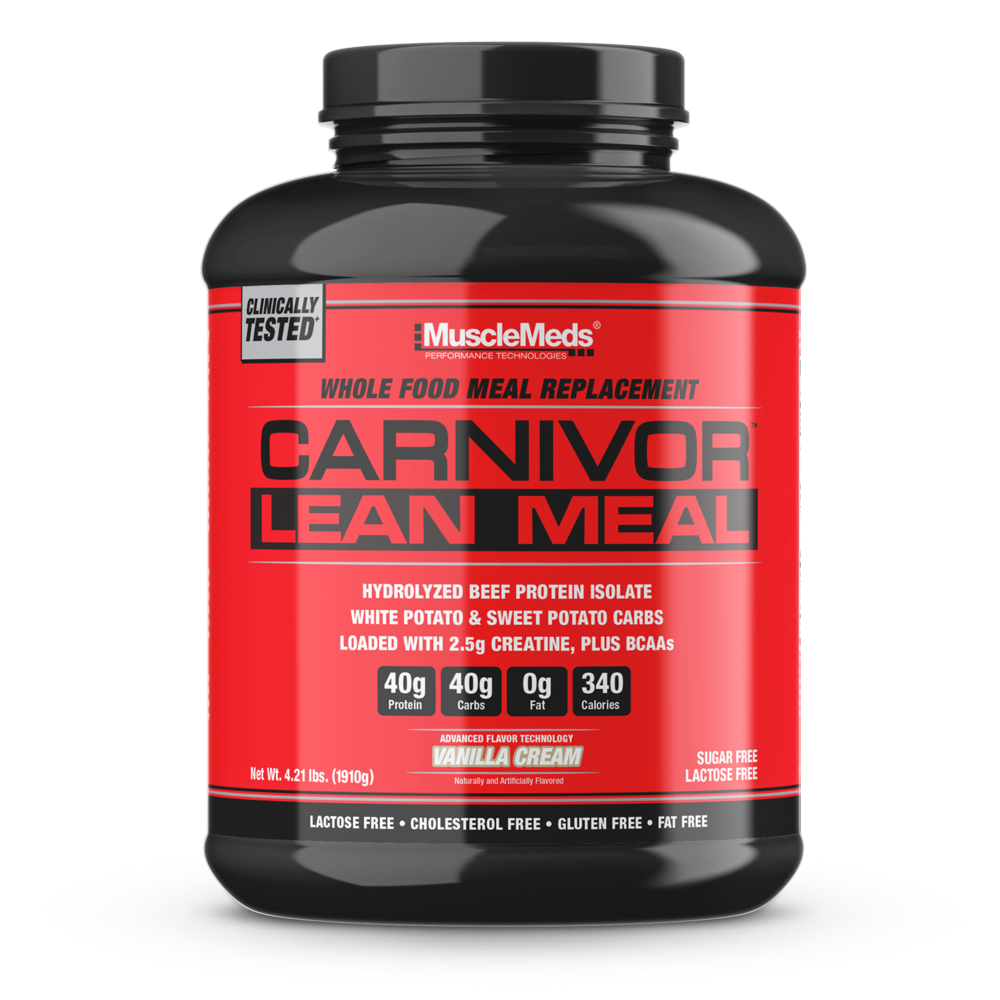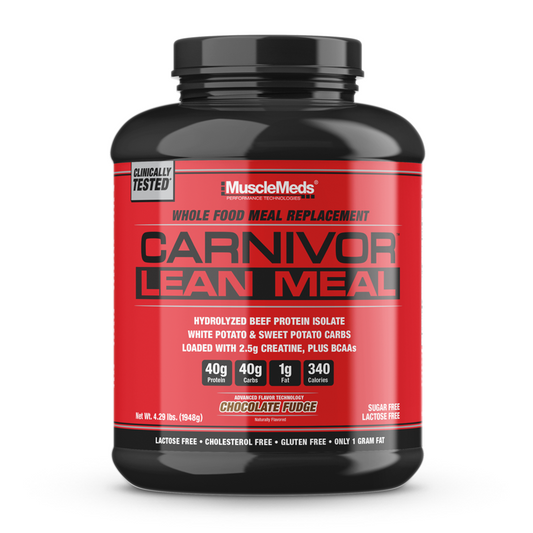Meal replacements-MRP, provide a perfect, full-spectrum meal in a packet or bar that is high in protein...Learn more.
1. What Are Meal Replacements And Where Do They Come From?
Meal Replacements (MRP's), are pre-packaged easy-to-use, healthy substitutes for eating a regular meal. They are a quick, convenient way to get a lot of high quality protein, carbohydrates, and a whole slew of other nutrients.
You can find meal replacements in the form of protein bars and powdered drink mixes (shakes) that you mix with water, milk, or juice, and then take in place of your normal meal. They are very convenient, inexpensive, and almost all of them taste really good!
2. What Do Meal Replacements Do And What Scientific Studies Give Evidence To Support This?
Meal replacements provide a perfect, full-spectrum meal in a packet or bar that is high in protein, low in fat, low in carbohydrates, and contain a wide array of vitamins and minerals They are low in sugar and cholesterol. They are very nutrient dense and can be mixed easily and conveniently.
MRP's can also be optimum fat-burning and muscle-building results, because they provide the body with a high-protein, moderate-carb, low-fat meal about every three to four hours if you make sure to take them at those intervals.
What that equals to is roughly five to six meals per day. So replace two or three of your whole food meals with some meal replacements and you will drastically cut out unnecessary calories, which can add up. These calories, if not burned off, can end up being stored as body fat.
If you wanted to get the same benefits from whole food as some of the high quality meal replacements, you would have to put together a large meal like a piece of fish (protein), a bowl of pasta for some carbs, and a salad for the vitamins six times a day. Why would you do that when you can just tear open a meal replacement packet and toss it into a cup with some water or skim milk.
A study was conducted by British resarchers that showed that when protein is released in the gut, the hormone known as PYY reduces hunger. And high-protein foods, such as meal replacements, set off PYY better than other foods.
Recent studies suggest PYY is part of the solution to obesity. Compared with a normal-weight person, for example, an obese person has to eat twice as many calories to trigger PYY.
3. Who Could Benefit From A Meal Replacement And How Much Should Be Taken? Are There Any Side Effects Or Symptoms Of Deficiency?
Those of us with busy, often hectic lives, could greatly benefit from using meal replacements. Eating every three to four hours can be challenging, if not impossible. What are the chances of eating something healthy and nutritious every two to three hours?
Unless you have a lot of time to prepare and package meals or hire yor own personal chef to cook for you, this can be a daunting task. That is where a delicous meal replacement would be a perfect substitute for a normal meal.
Also, let's not forget those of us who hit the gym and either do cardio, hit the weights, or both. Those of you who do reistance training with weights especially need a meal replacement within an hour after working out to prevent your muscles from breaking down.
The last thing you want is for your body to start eating it's own muscles because it is lacking the protein and nutrients it needs to grow. There is never a better time to have a an MRP with you and waiting for you to simply add water or milk and replenish your body and fuel your gains!
There are no documented side effects provided a person does not have an allergy to dairy proteins or does not need to restrict dairy products for medical reasons. If you are allergic to dairy proteins please consult with a physician prior to consuming any type of whey protein.
However, it is good to keep in mind that if you exceed the RDA, then you can run the risk of potential side effects. The reason that too much protein can be harmful is because the body is unable to store it. What then happens is excess protein is broken down and converted into sugars or extra fat.
Also, the liver removes nitrogen from the amino acids, so that they can be burned as fuel, and the nitrogen is incorporated into urea, the substance that is excreted by the kidneys. These organs can normally cope with any extra workload but if kidney disease occurs, a decrease in protein will often be prescribed.
Excessive protein intake may also cause the body to lose calcium which could lead to bone loss in the long-term. However, many protein powders, for instance, come supplemented with various amounts of calcium per serving size so as to counteract the calcium-loss effect.
These statements have not been evaluated by the Food and Drug Administration. This product is not intended to diagnose, treat, cure, or prevent any disease.
































